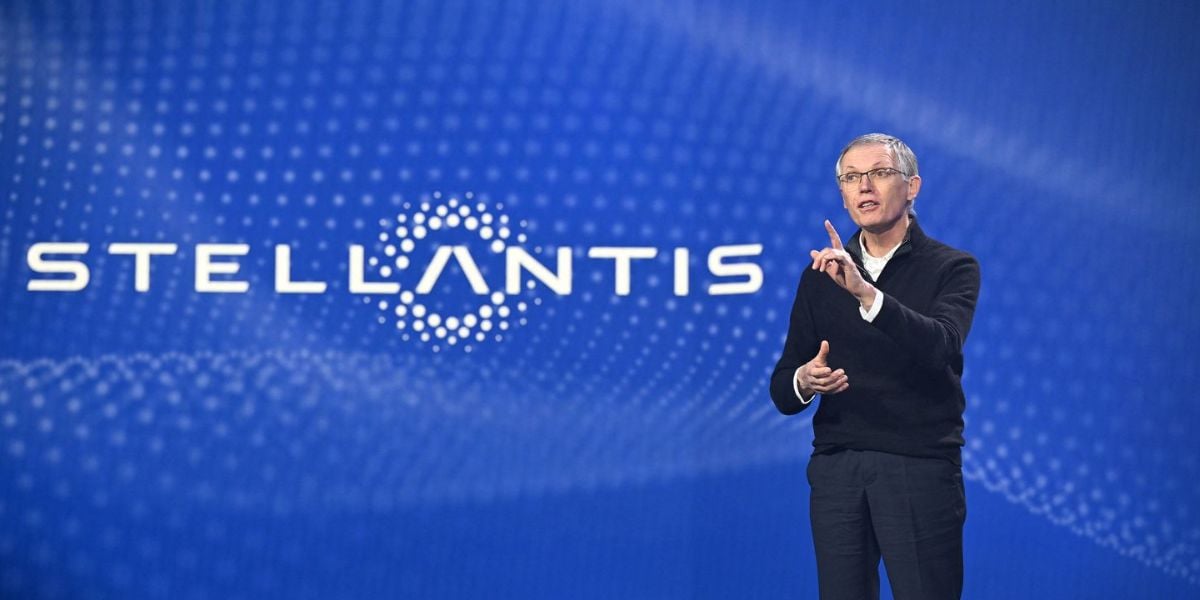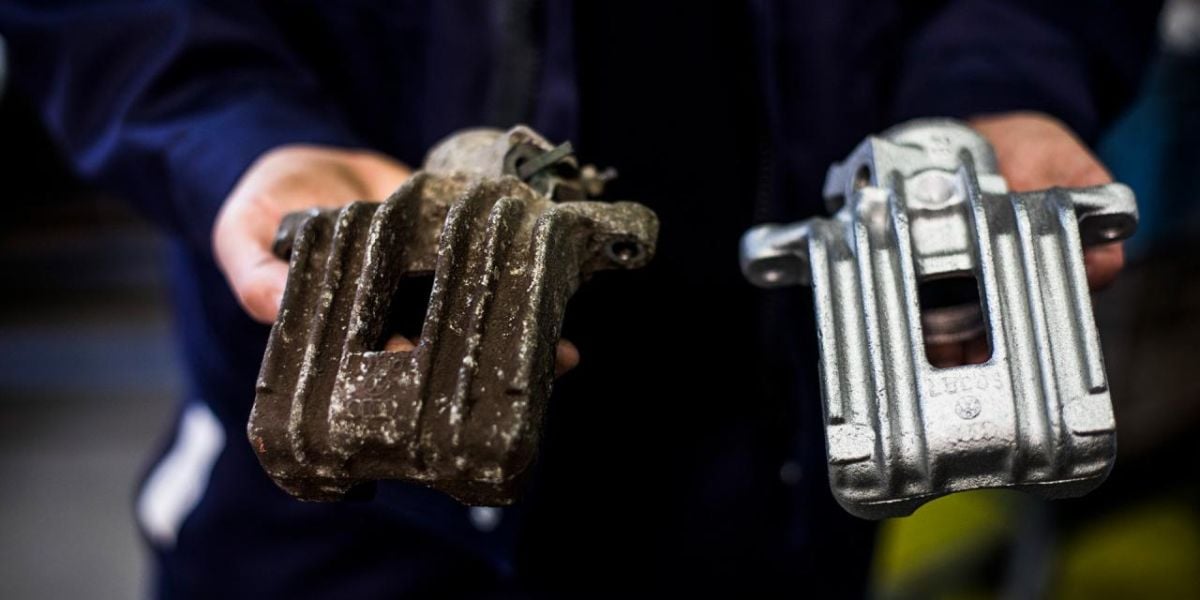Rematec meets Ecomotive Solutions
Simone De Regibus, CEO of Ecomotive Solutions, a company of the Holdim group, presents the Italian company specialized in conversion kits for vehicles, bi-fuel for gasoline vehicles, and dual-fuel for diesel vehicles.
Our core business is conversion kits for gasoline and diesel vehicles. We are capable of converting vehicles from an engine displacement of 1,600 cc up to 16,000 cc. We have approvals for small displacements up to large ones, so we can certify small passenger vehicles up to trucks.
How do you position yourselves in terms of sustainability? We are now moving towards electric and at least hybrid vehicles, while only a few is talking about LPG, CNG aftermarket, Dual Fuel, and Bi-Fuel.
The sector is certainly struggling with this shift towards electric vehicles. For Ecomotive Solutions and its longstanding strategy, moving directly to a different technology is not feasible, especially in the aftermarket sector. In fact, Ecomotive's core has always been to work with what is already on the market, and for us, the energy transition means making this transition, not switching to an application completely outside the public's needs.
Today, Ecomotive is also capable of discussing 100% engine conversions. We start with a diesel or gasoline engine, which is internal combustion, and make it run on a wide variety of fuels. Today, we can talk about ethanol, methanol, dimethyl ether, and hydrogen.
Let’s consider a user who wants to switch to this type of fuel. Where do they get it? Where do I refuel? It’s okay, it’s economical, ecological, and saves me money, and the conversion cost isn't huge. But when I leave my house, where do I get the fuel?
Many European countries are organizing and reorganizing because they have already tested that electric is not the only option. Countries like Sweden are heavily investing in CNG. Today, Sweden is our primary market. We convert a large number of diesel vehicles there. The idea is: not only electric but a range of ecological alternatives. We are working in Germany with ethanol and methanol. In Brazil, they use bioethanol.
Do you believe there is a grid problem, both in Italy and more generally across most of Europe? Transitioning from internal combustion to alternative options, such as electric or alternative fuels, can be seen as a limitation? If the grid isn’t updated, where do I refuel? What are the timeframes? Imagine 50% of BEVs—what kind of queues will there be to charge?
Exactly. Unfortunately, we have already missed the transition from traditional fuels like diesel, gasoline, and LPG to CNG. CNG is demonized, despite having significant amounts of available bio-CNG. Now, other fuels are available. We are working a lot in Germany with bioethanol and methanol.
So, can you say that in the aftermarket, you have your own market and are not worried about electric vehicles or the 2035 ban?
Certainly not. When we talk about internal combustion engines, it's not just about circulating vehicles. It's also about power generation, public vehicles, naval, and rail transport. Today, we have a train operating a tourist route in Italy using two liquefied methane engines that we produced. These are originally diesel engines converted to liquefied methane. We can now say that this project is completed.
So, what could your added value be?
Our added value lies in facilitating the transition. We genuinely want to drive this transition by taking what is currently available on the market and starting to adapt it. Making a direct switch is economically unsustainable because the end user is not in a position to switch to an electric vehicle just like that.
Regarding zero emissions and sustainability, would you say your product is fairly close?
We'll get there. We can't expect to reach 100% electric vehicles and forget about how we produce energy. Our approach is to make significant strides towards sustainability by optimizing and converting existing technologies, ensuring a more practical and inclusive transition.
So, within all of this, what is your vision of aftermarket in general?
We see a bright future, especially for the conversion and creation of engines dedicated to certain fuels, which we are already working on. We already have our own range of engines that operate on various fuels, and for us, that is the near future.
Starting next year, we will definitely focus on everything related to the agricultural sector. Not just the traditional automotive market, but also a market for agricultural machinery. The internal combustion engine market also covers both industrial and agricultural machinery. The same engine used for power generation can also be used in an agricultural tractor engine. And the agricultural sector is the one that has alternative fuels readily available. For example, Switzerland has allowed New Holland to homologate the liquefied methane tractor, and thanks to this, we are starting to convert tractors. This means that we are implementing a small part of the transition, beginning with the agricultural sector. Today, we can say that in Italy, we have a considerable number of vehicles that cannot be used on public roads because they lack homologation but are working within farms using biomethane. This is a great advantage from an environmental and technological perspective.



